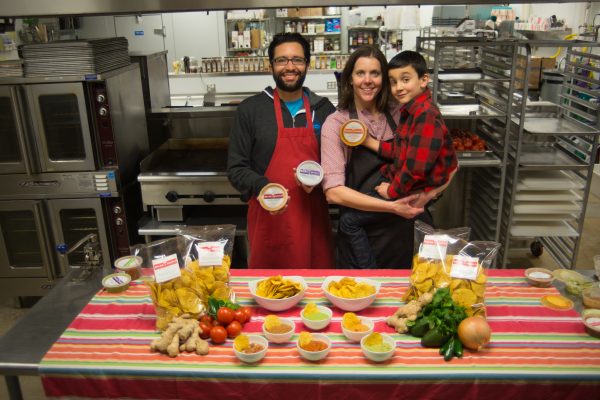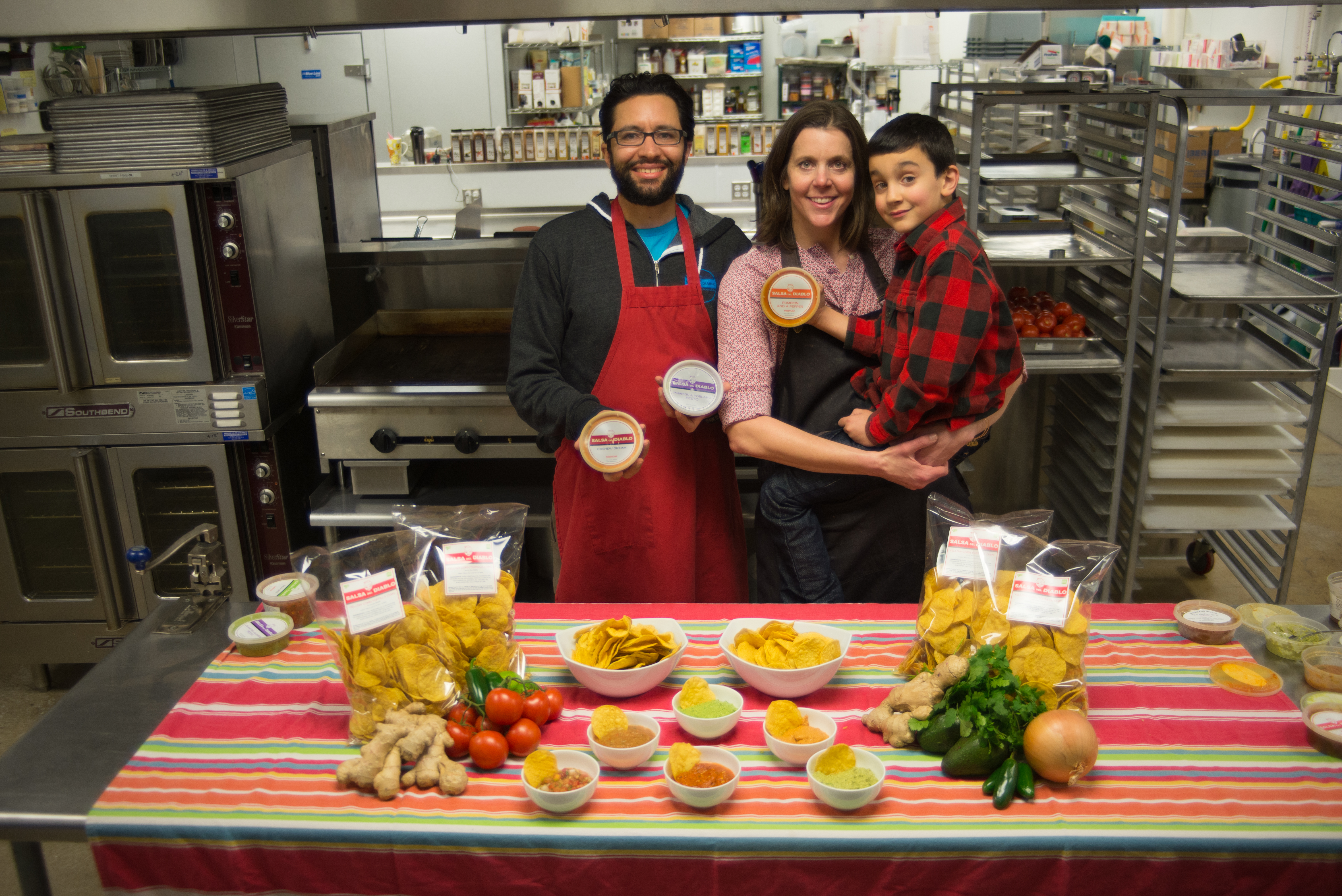
Much to the annoyance of Heinz ketchup’s 110 year-old factory operations, craft salsa is now outselling ketchup in overall sales in the United States. Ketchup is to salsa what Natural Light beer is to Uinta 801 Pilsner—it tastes better, it’s more distinct and it supports the local economy. The craft of making salsa is quickly becoming king.
Meet Daniel Benites, former REI manager, whose hobby was making salsa for his colleagues and friends.
Benites, a salsa aficionado, tried salsas at restaurants all over Salt Lake City, but he found his own recipes to be superior. His partner Jenn convinced him to make an attempt to sell his salsas at the Bountiful farmers market and “It just took off from there.” He worked just one more year at REI until he decided to devote his full-time efforts to Salsa Del Diablo. “We never looked back,” he says.
Benites adds, “We feel we add to the broadening artisanal salsa market here in Utah,” describing his niche he adds “Our style is ‘Mexico City meets California salsa.”
After receiving a salsa book for Christmas from Jenn, Benites started tweaking the recipes to make them better. “It seemed I had a knack for creating these flavors,” says Benites. “Sometimes I see or taste something that I think would be a good flavor for salsa and then I test it at the farmers markets. If it sells out, we keep it.”
“It feels like the salsa market in Salt Lake City has really begun to take off,” says Benites. A few of Salsa Del Diablo’s local competitors include Rico Brand, Su Salsa LLC and Salsa Queen. Del Diablo’s most popular salsas are Cilantro Jalapeno Pesto, (Mexican take on pesto). Himalayan Dream (a Mexican, Asian & Indian fusion), Citrus Squeeze, Cashew Dream, The Kitchen Sink (Best of City Weekly winner), and Guacamole (with tomatillo sauce) are just a sample of the 19 varieties they create. All of their salsas are gluten free, all natural, vegan and vegetarian.
“We buy local as much as we can in season,” says Benites. Bangerter Farm, Okubo Farm & Greenhouses, and Petersen Family Farm are some of the farms from which they purchase most of their fresh produce.
“The majority of our business is at the farmers markets; we sell out of most of our products. We’re extremely busy at the downtown one,” says Benites. “We are one of the busiest vendors there.” Jade Market, The Store, Rio Grande Winter Market and Real Food’s Market are just a few of the places you can purchase their salsas year-round. §






